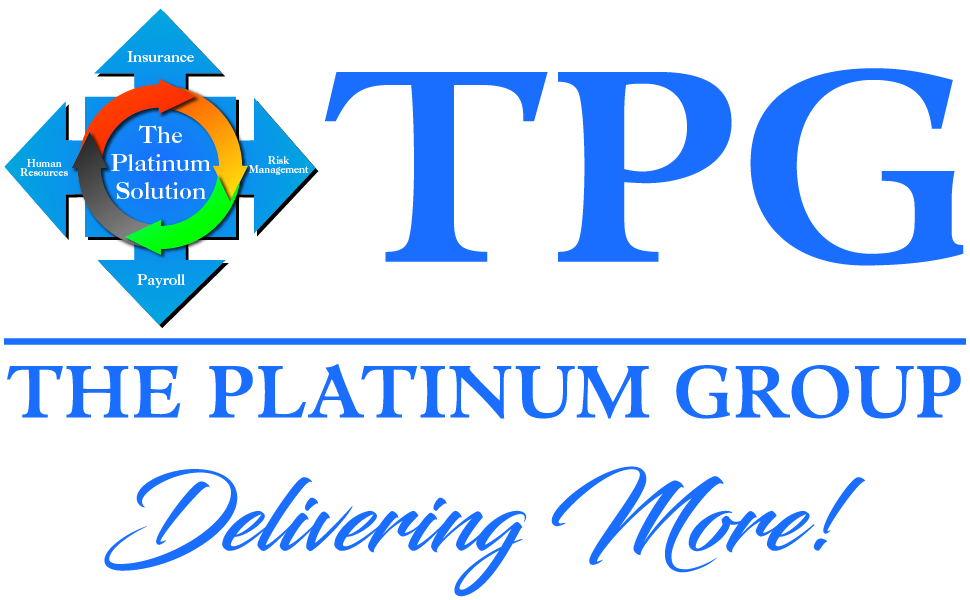Risk assessments in convenience stores are vital for preventing accidents, improving overall safety, and ultimately saving money. Employers must conduct thorough risk assessments for all work-related tasks performed by employees. Additionally, specific risk assessments tailored to your business's unique needs are crucial, as generic ones may overlook particular hazards inherent to your store.
Implementing Effective Risk Assessments
Conducting risk assessments in convenience stores is straightforward. Begin by walking through all areas of your store, identifying potential hazards. Engage with employees about their health and safety concerns and review your store's accident log for recurring incidents or near misses. This information will help you create a risk management program that addresses both minor and significant hazards.

Identifying Common Convenience Store Hazards
While risks can vary, most convenience stores face several common hazards. Understanding and mitigating these risks is essential for maintaining a safe environment.
1- Slips and Trips
Slips and trips are common in any business with a physical location. Spills, stock left on the floor, uneven surfaces, and wet doorways can all lead to accidents. Convenience stores that sell gas face additional hazards from spilled fuel in parking lots.
To minimize these risks, keep floors in good condition and promptly clean spills. Use “wet floor” warning signs during clean-ups and place door mats at entrances during wet weather. Revise stocking procedures to prevent boxes from being left in aisles, reducing trip hazards.
2- Handling and Moving Stock
Handling and moving stock can cause serious back injuries, especially for employees lifting large, bulky items like newspaper deliveries.
Train employees in proper lifting techniques to reduce back strain. For heavy or large loads, provide trolleys. Store heavy items at accessible heights to avoid dangerous lifting from high shelves.
3- Robbery and Violence
Convenience stores are susceptible to robbery and violence due to high customer volume, large cash amounts, and easy entry and exit points.
Enhance security by installing cameras, alarms, and other deterrents. Train staff to handle tense situations and establish an emergency procedure for incidents of robbery or violence.
4- Working at Height
Tasks involving working at height, such as placing stock on high shelves, can result in bruising, fractures, and back injuries.
Reduce these risks by providing suitable equipment and training employees on proper usage. Store frequently used items at accessible heights to avoid unnecessary climbing.
5- Transport Hazards
Improper management of vehicle deliveries can lead to severe injuries for staff or customers if struck by a vehicle.
Implement systems to manage transport-related risks, such as scheduling deliveries during less busy times and separating vehicle unloading areas from pedestrian paths. Train employees on safe unloading procedures to prevent accidents.
6- Exposure to Cleaning Chemicals
Cleaning is essential, especially in high-traffic convenience stores. However, cleaning chemicals pose risks of skin irritation, eye damage, and harmful vapor inhalation.
Train employees on the safe use and storage of hazardous chemicals. Encourage the use of protective gloves and other safety measures to minimize exposure.
7- Electrical Equipment and Installation
Faulty electrical equipment or improper installation can cause electrical shocks.
During risk assessments, inspect all electrical equipment for defects. Educate employees on the location of the fuse box and how to shut off electricity in emergencies.
Tailored Insurance for Comprehensive Protection
These common risks are just a portion of the hazards your store may face. With comprehensive commercial insurance and expert risk management guidance, your convenience store can continue to provide essential services while ensuring the safety of employees and customers. Partner with professionals to develop tailored risk management strategies and secure the right insurance coverage for your business.
Give us a call at 909.466.7876 for a free consultation if you're interested in learning more about Risk Management for your business.
Also, check out these articles for more risk management tips!
The Benefits and Risks of Allowing Pets in the Workplace
Back Pain Risk Factors and Causes

